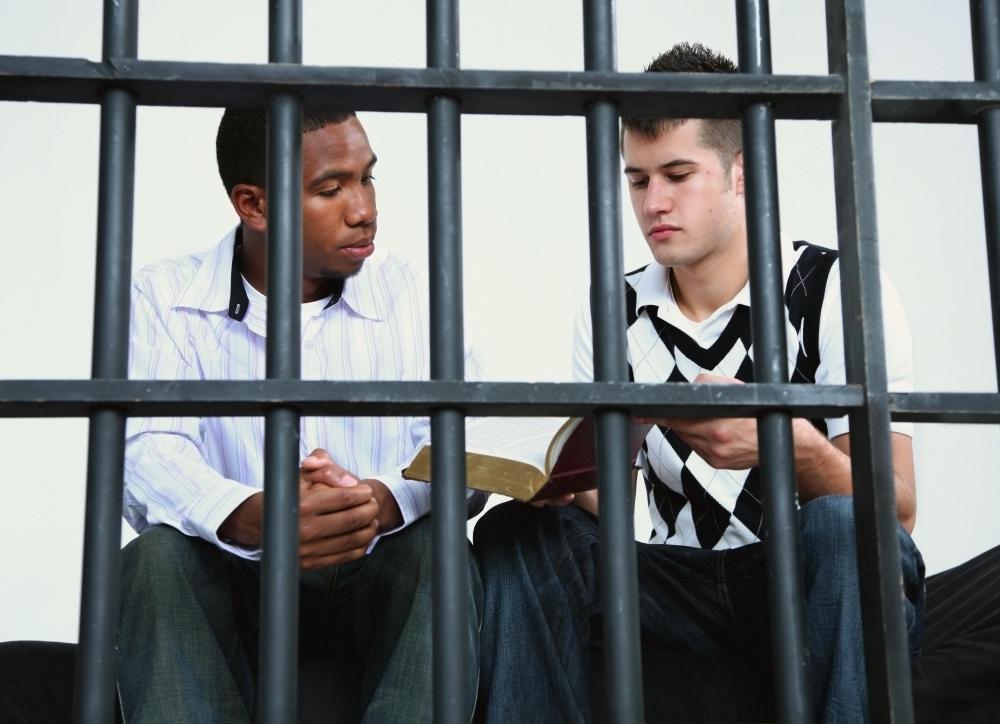At WiseGEEK, we're committed to delivering accurate, trustworthy information. Our expert-authored content is rigorously fact-checked and sourced from credible authorities. Discover how we uphold the highest standards in providing you with reliable knowledge.
What is Juvenile Corrections?
Juvenile corrections refers to facilities in which minors convicted of a crime spend time in order to receive rehabilitation. This helps provide youth with the opportunity to learn new coping and social skills to better handle situations and avoid becoming repeat offenders. Some facilities are better than others, and thus have varying success rates at rehabilitating troubled inmates. The best juvenile corrections facilities focus not only on punishing or detaining inmates, but also in educating and mentoring them.
Many people assume that juvenile corrections facilities are the same as jail or prison, aside from the fact that they are for juveniles rather than adults. This is partially true in that many facilities are similar to adult prisons. Inmates are detained and must stay on the premises. They also must abide by strict rules and do manual labor as part of taking responsibility for their actions.

While similar to prisons, juvenile corrections facilities are also very different in a few ways. For one, they are not generally meant for long term punishment. Prison inmates are generally sentenced to several years behind bars, while juvenile inmates may also serve several weeks to several months in a facility. Juveniles also receive more extensive rehabilitation efforts than many prisons in the hopes that young children and adolescents will be easier to reach.

Mentoring and sometimes counseling are part of many juvenile corrections facilities. Officers and other leaders develop relationships with the kids, while counselors and child therapists may help discover the underlying reasons for bad behavior. Most bad behavior on the part of youths is due to some kind of emotional trauma. This is especially true of very young children who do not act out violently or otherwise dangerously unless they have been taught or led to do so.

Young people who are sent to juvenile correctional facilities are allowed to learn responsibility for their actions and are also often given the chance to feel a sense of accomplishment. This can be through schoolwork or physical activities. By allowing inmates to express themselves in healthy ways and feel a sense of pride in themselves, juvenile corrections facilities are able to give them an outlet for aggression other than bad behavior.

While good facilities offer a starting point for corrected behavior, the home environment of each child or teen is where habits will be learned or forgotten. If each young person is not given the right direction once they’ve left the facility, it is often only a matter of time before he or she begins acting out again. Continued mentoring, counseling, and encouragement are needed to bring about a complete turnaround.
AS FEATURED ON:
AS FEATURED ON:

















Discuss this Article
Post your comments